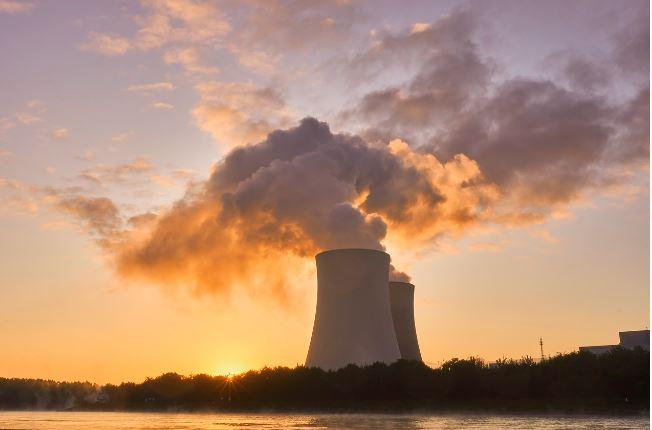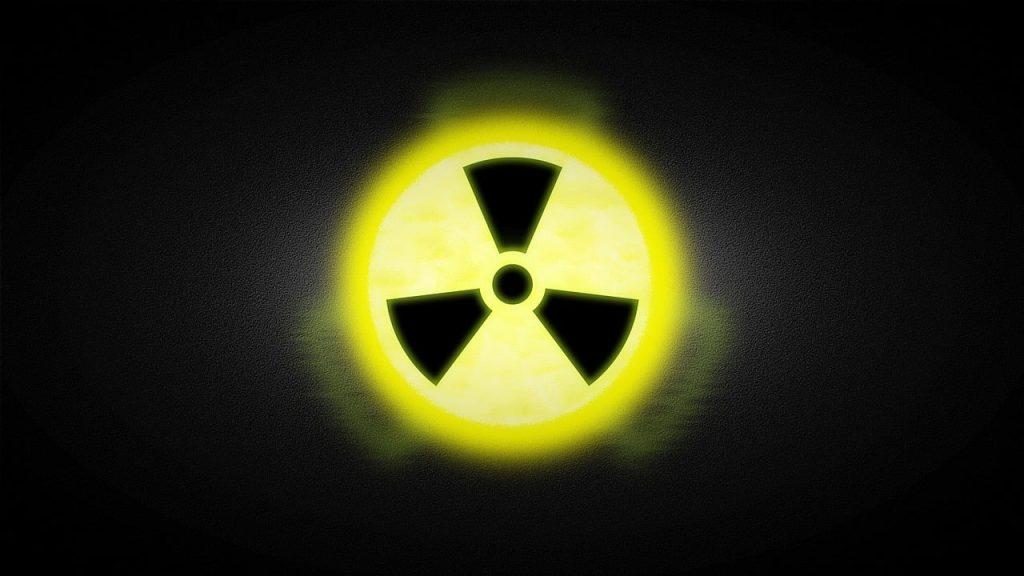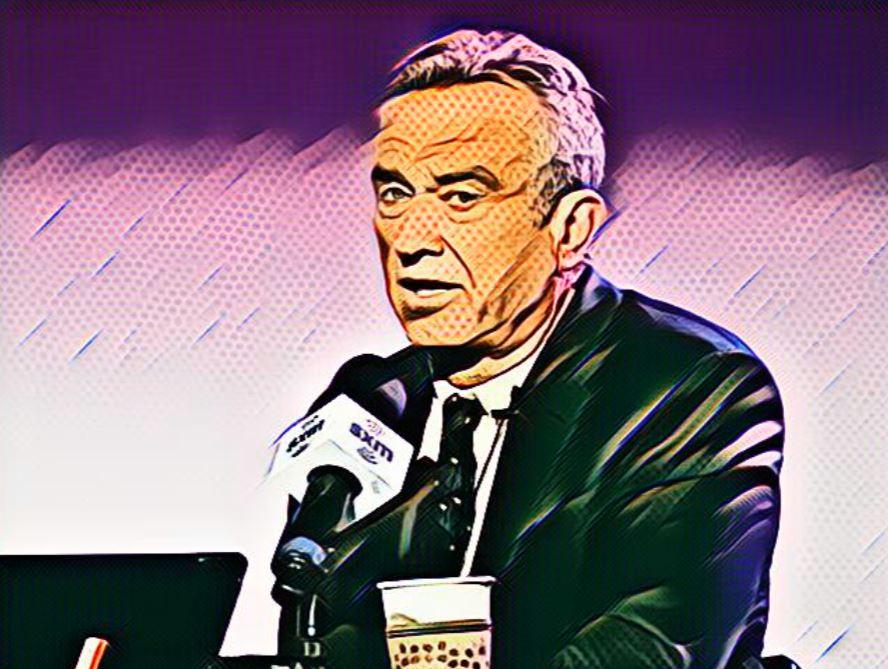RFK Jr is a well known environmental lawyer, however he also has certain views which may be branded as ‘right’ wing. The truth is, RFK Jr does not fit into a political box – he is authentic in each of his political beliefs. Regarding nuclear power, RFK Jr is very clear on where he stands – read below to find out!
Is RFK Jr against nuclear power?
- He is opposed to nuclear power and considers it dangerous. He believes nuclear power plants are vulnerable to terrorism and accidents.
- He feels nuclear power is unnecessary given the potential of renewable energy sources like wind and solar. He advocates phasing out nuclear power plants and transitioning to renewables.
- He is critical of the nuclear power industry, arguing it is subsidized and exerts political influence to promote itself. He claims safety and environmental risks of nuclear plants are downplayed.
- He is against the construction of new nuclear power plants in the US. He also advocates shutting down existing plants as renewables can replace their capacity.
- He has raised concerns about the safety of spent nuclear fuel storage and supports efforts to move fuel from pools into dry cask storage.
- In sum, RFK Jr. takes an anti-nuclear stance and sees nuclear power as risky, unnecessary given other energy options, and propped up by industry influence rather than its own merits. He advocates phasing out nuclear power in favor of renewable energy sources.
Why is RFK Jr against nuclear power plants?
- He has criticized the nuclear industry as being heavily subsidized by the government and has estimated that subsidies may total over $100 billion when factors like liability caps and loan guarantees are accounted for. He argues the industry would not be viable without this outside support.
- Kennedy has raised concerns about the aging of nuclear power plants in the US, some of which are operating decades past their originally projected lifespan. He argues safety risks increase as plants age.
- He was a high profile critic of the Indian Point nuclear plant located north of New York City, calling for its closure due to proximity to a major population center. The plant stopped operations in 2021.
- After the Fukushima nuclear disaster in Japan in 2011, Kennedy vocally advocated for a nuclear phase-out in the US, citing Fukushima as evidence of the risks.
- He has opposed storage of nuclear waste at the Yucca Mountain site in Nevada. Kennedy argues the site is geologically unstable and transportation of waste poses safety issues.
- He has pointed to alternatives like energy efficiency, smart grids, battery storage and microgrids as ways to transition off nuclear while maintaining reliable power.
- Kennedy has suggested the nuclear industry exaggerates the costs and challenges of relying on renewables alone to generate electricity. He argues a mix of wind, solar, hydro can meet energy needs.
- He contends that new smaller modular nuclear reactors are an unproven, expensive distraction from pursuing renewable energy development.
RFK Jr work against nuclear reactors and nuclear waste and risks:
- He is on the board of advisors of the grassroots organization Beyond Nuclear, which calls for a nuclear-free world. This group also tracks and highlights safety issues at nuclear plants.
- Kennedy has spoken out against nuclear power exports from the US overseas. He does not think nuclear power should be promoted globally given its risks.
- He co-authored articles in 2009 opposing federal loan guarantees for new nuclear reactors, claiming taxpayers would bear the risk.
- After the 2011 Fukushima disaster, he advocated for radiation monitoring on the West Coast of the US and supported residents’ concerns about radiation reaching California.
- In his environmental law work, he has represented clients in lawsuits and licensing proceedings challenging proposed new reactors and storage facilities.
- Kennedy has criticized the nuclear industry and regulators for a “lax safety culture”, alleging cost-cutting leads to compromised safety.
- He has accused regulators like the Nuclear Regulatory Commission of being “captive” to the industry they oversee.
- He contends that decentralized renewable energy represents a democratization of electricity production in contrast to centralized nuclear plants.
- Kennedy has debated nuclear industry leaders in public forums, vigorously questioning claims of nuclear power’s safety and economic competitiveness. He remains a prominent anti-nuclear voice.

Has Kennedy proposed any alternative solutions to nuclear power? Here are 9:
Yes, he certainly has!! Robert F. Kennedy Jr. has advocated for 9 alternative solutions to nuclear power:
- Renewable energy sources – He argues wind, solar, geothermal and hydroelectric power can be scaled up to replace nuclear generation. He supports large investments in these zero-emission technologies.
- Energy efficiency – Kennedy promotes energy conservation and efficiency improvements to reduce electricity demand growth, enabling more renewable penetration.
- Modernized grid – Upgrading transmission lines, implementing smart grid technology, and distributed generation can support more renewables. He backs policy support for these upgrades.
- Utility reform – He has called for changes to utility business and regulatory models to promote clean energy over nuclear and fossil fuels. This includes new incentives and rate structures.
- Battery storage – Kennedy sees large-scale batteries as a solution for intermittent solar/wind power. Storage can hold excess renewable energy when supply exceeds demand.
- Electrification – Replacing fossil fuel uses like vehicles with electric alternatives powered by renewable energy is another priority in his view.
- Public transportation – Kennedy advocates major expansion of public transit to reduce transportation related fossil fuel consumption. This eases the transition from nuclear/fossil electricity.
- Consumer incentives – Providing consumers subsidies, tax credits, and low-interest loans to adopt renewable energy and efficiency measures is another policy approach he champions.
- Carbon pricing – Kennedy has endorsed setting a price on carbon emissions to account for externalized costs, improving the economics of low-carbon alternatives.


